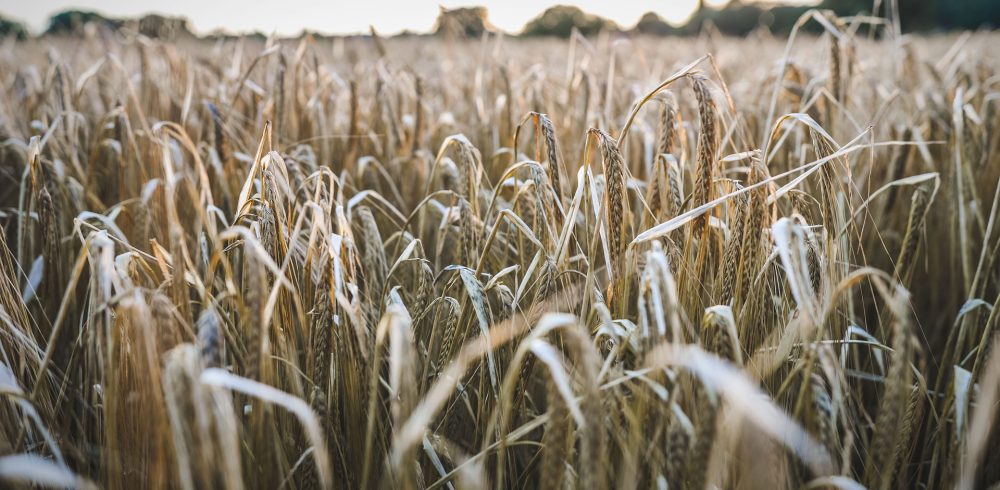NFU President Minette Batters spoke at the Oxford Farming Conference, challenging the government to make the right decisions regarding Brexit and ensure the nation avoids a no deal.
A no deal Brexit could be catastrophic for Britain, according to the NFU and the impacts on the farming industry include:
- Britain could face huge disruption as a result of being prevented from exporting agricultural products to the EU. The UK would need to be reapproved by the EU as an exporter and there are no guarantees this would be in place by March 29. The lamb industry could be particularly impacted, as 31% of its produce was exported in 2017.
- In a no deal scenario, exports to the EU from the UK could face the same tariffs as goods entering the EU from other third countries. For agricultural products, these are particularly high. For example, fresh beef and lamb could effectively face tariffs of 65% and 46% respectively. The impact for food producers could be detrimental, increasing costs for the business.
- Even if the UK is approved as an exporter to the EU, essential imports could be disrupted and we could see severe delays at ports. This includes veterinary medicines, fertilisers, feed and machinery parts. For example, over 90% of animal vaccines and medicines are imported to the UK.
- In order to avoid food price rises as a result of a no-deal Brexit, the government could unilaterally lower import tariffs which cannot be done on a country-by-country basis. This could open up our market to products that are not produced to the high standards of food safety, animal welfare and environmental protection that British farmers adhere to.
“There have been enough warm words and comfort to us as farmers but now is time for decisions from the government about how it will secure the nation’s food supply. We are less than 90 days away from Brexit and there is still enormous uncertainty about the future and how domestic food production fits into that,” said Mrs Batters.
“It is crucial that Government engages with our industry to deliver a sustainable, competitive and profitable British farming sector for generations to come,” she concluded.













